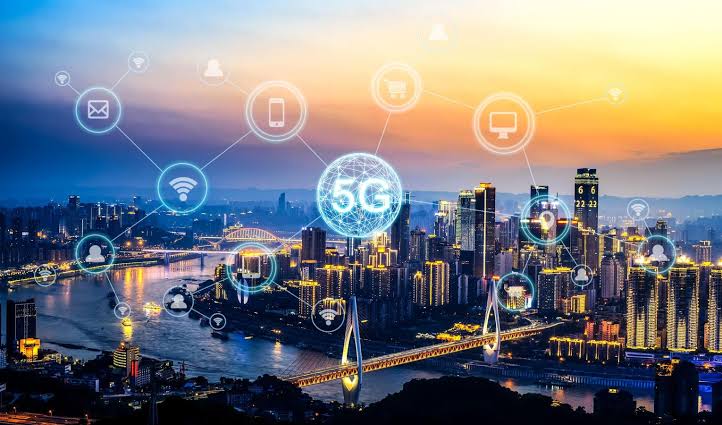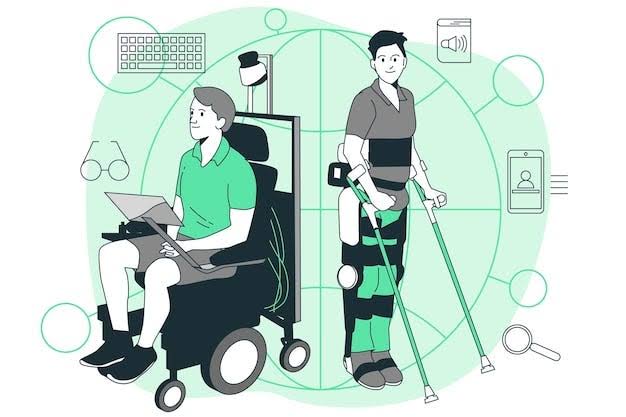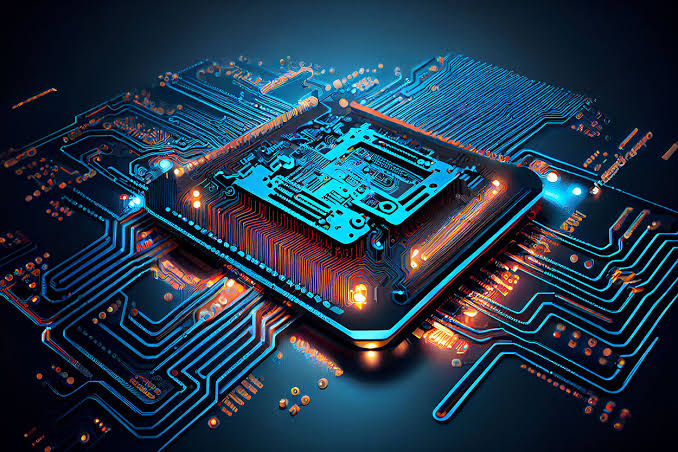The rise of 5G networks is reshaping the foundation of modern urban living. Smart cities rely heavily on fast, reliable, and scalable connectivity to integrate technologies such as the Internet of Things (IoT), artificial intelligence, and automation. Unlike previous generations of wireless technology, 5G offers ultra-fast speeds, lower latency, and the ability to support billions of connected devices simultaneously. This makes it a cornerstone for building smarter, safer, and more efficient urban environments.
Enhanced Connectivity for Smart Devices
Smart city infrastructure depends on thousands of interconnected sensors, cameras, and IoT devices. These systems collect and share data in real time to manage traffic, monitor public safety, and optimize energy use. With 5G’s higher bandwidth and device density capabilities, cities can connect far more devices than 4G ever allowed.
For example, 5G can power smart traffic lights that communicate with vehicles and pedestrians instantly. It can also connect smart meters in homes and businesses, ensuring better energy monitoring and reducing wastage. This level of connectivity enhances the ability of cities to function as truly intelligent ecosystems.
Improving Transportation Systems
Transportation is one of the key areas where 5G will have a profound impact. Autonomous vehicles, smart traffic control, and intelligent public transport systems all require seamless, high-speed connections. 5G’s low latency ensures real-time communication between vehicles, infrastructure, and traffic management systems.
This can significantly reduce traffic congestion and road accidents. For instance, self-driving cars rely on split-second decisions that require data to be transmitted almost instantly. With 5G, vehicles can communicate with each other and with smart city infrastructure to navigate safely and efficiently.
Smarter Energy Management
Energy efficiency is central to the sustainability goals of smart cities. 5G enables the deployment of smart grids that collect detailed data on energy consumption in real time. These grids can balance supply and demand more effectively, reducing waste and supporting renewable energy integration.
With 5G-powered IoT devices, homes and businesses can track energy use with greater precision. Smart appliances and meters can communicate directly with utility providers, leading to better demand management, cost savings, and improved sustainability.
Enhancing Public Safety and Security
Public safety is a priority for smart city planners, and 5G enhances the capabilities of security systems. High-definition surveillance cameras, emergency response systems, and predictive policing technologies require large amounts of data transmission with minimal delay.
5G supports real-time video streaming from multiple sources, allowing law enforcement agencies to monitor urban areas more effectively. In emergencies, connected drones and wearable devices for first responders can provide live updates, improving situational awareness and response times.
Healthcare Innovations in Smart Cities
Healthcare services in smart cities also benefit from 5G. Telemedicine, remote patient monitoring, and AI-assisted diagnostics require strong, stable connectivity. 5G makes it possible for doctors to interact with patients virtually in real time and for healthcare providers to monitor vital signs through wearable devices.
Hospitals can also deploy 5G-powered robots for tasks such as delivering supplies, disinfecting spaces, or assisting in surgeries. This level of innovation not only improves patient care but also reduces the strain on healthcare systems.
Supporting Environmental Monitoring
Environmental sustainability is a major focus for smart cities, and 5G networks can support advanced monitoring systems. Sensors connected through 5G can measure air quality, noise levels, and water pollution in real time.
This data allows city administrators to take immediate action when pollution levels rise or to design long-term policies to improve environmental health. It also provides citizens with access to live information about their environment, encouraging more responsible lifestyles.
Driving Economic Growth
The deployment of 5G networks opens new opportunities for businesses and startups in smart cities. From logistics companies using real-time tracking to retailers offering personalized services through connected devices, the possibilities are endless.
5G also enables the growth of augmented reality and virtual reality services, smart manufacturing, and advanced financial technologies. This boosts innovation and creates new job opportunities, contributing to urban economic growth.
Challenges of 5G in Smart Cities
Despite its advantages, implementing 5G in smart cities comes with challenges. The infrastructure requires a dense network of small cells, which can be costly to deploy. There are also concerns about cybersecurity, as more connected devices increase the risk of data breaches.
Additionally, ensuring equitable access to 5G technology is critical. Without careful planning, some communities may be left behind, creating a digital divide within smart cities.
The Future of 5G in Urban Development
Looking ahead, 5G will play a pivotal role in transforming cities into fully functional smart ecosystems. As more cities adopt this technology, we will see greater efficiency in services, improved sustainability, and better quality of life for residents.
In the long run, 6G and beyond may expand on 5G’s foundations, bringing even faster speeds and more advanced applications. However, for now, 5G remains the backbone of smart city development and the driver of urban innovation.
Conclusion
The impact of 5G on smart city infrastructure is profound, enabling smarter transportation, energy efficiency, healthcare, and public safety systems. While challenges such as infrastructure costs and cybersecurity risks remain, the benefits far outweigh the drawbacks.
By embracing 5G, cities can become more connected, sustainable, and resilient. This technology is not just enhancing urban life today but also laying the foundation for the future of digital cities.




Nice